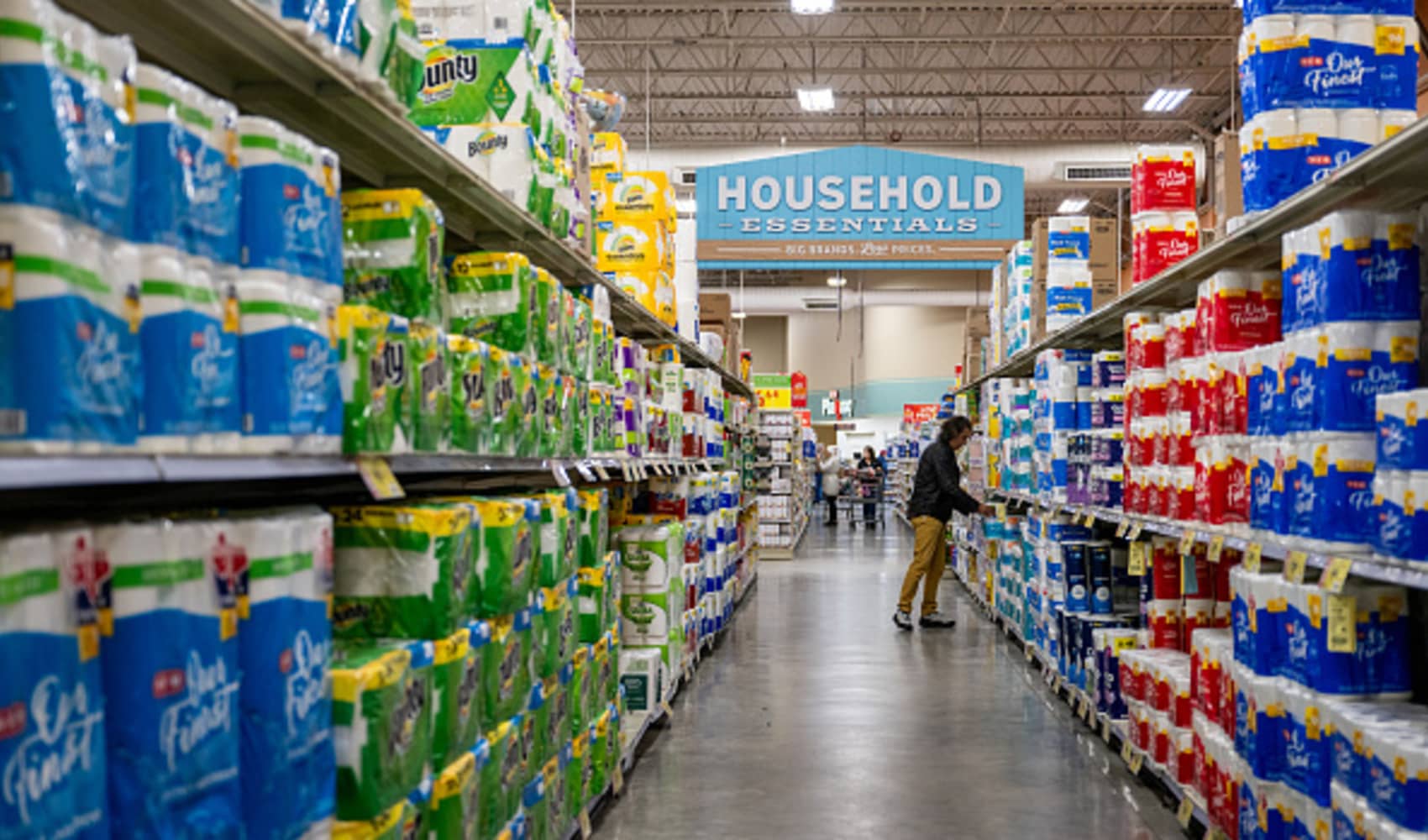President Donald Trump announced a 25% tariff on all auto imports, including cars built in Mexico and Canada. But even if you aren’t in the market to buy a new car, you may still feel the impact. Edmunds’ head of insights Jessica Caldwell shares what you need to know.
The impacts of the new tariffs announced by President Trump were already visible at the Port of Los Angeles with the prices of key imports going up dramatically overnight, potentially hampering the rebuilding effort in the areas scorched by the January wildfires, a port official said Thursday.
As the Ports of LA and Long Beach expect to see less cargo coming through as a result of the tariffs, the ripple effects will be far reaching, according to Gene Seroka, Executive Director of the Port of Los Angeles.
“Overall, this is bad for the American consumer, American business and for the port complex here in Southern California,” Seroka said, adding the ports process some 40% of the nation’s imports and 30% of the exports.
Less cargo could mean fewer opportunities for workers, said Seroka, adding that one in nine Southern California residents are employed through the port, including those in the shipping, logistics, transportation and warehousing sectors.
Get top local stories in Southern California delivered to you every morning. Sign up for NBC LA's News Headlines newsletter.
“Whether you're on the docks, or you're a forwarder and broker in our community, fewer containers mean less jobs here around the port,” he explained.
As the prices of all different products are likely to increase quickly, Seroka said the tariffs would create a further hurdle for the Altadena and Pacific Palisades communities reeling from the January wildfires.
“We're going to need softwood lumber from Canada, appliances from Mexico, furniture from China, all of those prices rose dramatically overnight," Seroka shared.
While there may not be a quick fix for the local economy, one possible solution may be more exports as other countries rely on American agricultural and meat products.
“Let’s step up and sell America today. More exports mean more jobs here in the U.S.,” Seroka recommended.
Posing further challenges to small and medium-sized companies, many firms that rely on imported goods may not have enough inventory to gradually transition into the new tariff era although they had been widely expected.
Seroka said some large companies have been bringing in a larger amount of inventory for the past few months, but industry partners in the retail, manufacturing and parts fulfillment sectors may have to pay extra for new supplies.
“(Higher prices) will cause them to make decisions on personnel staffing and further investment in their companies, which doesn't bode well right now,” Seroka added.



